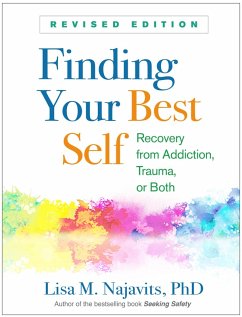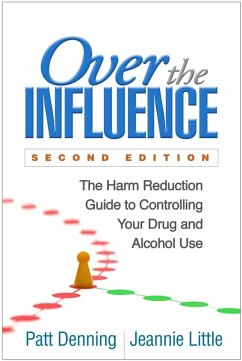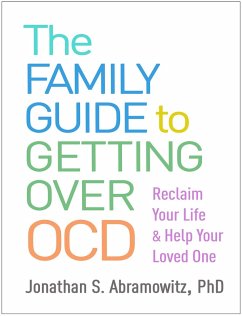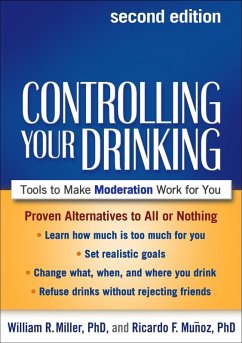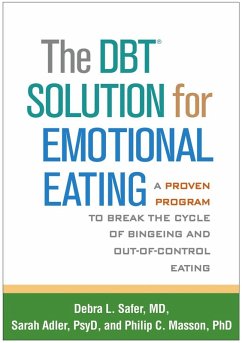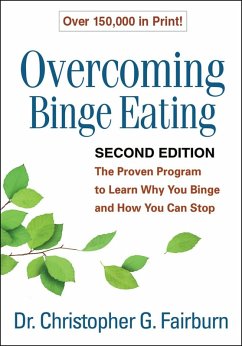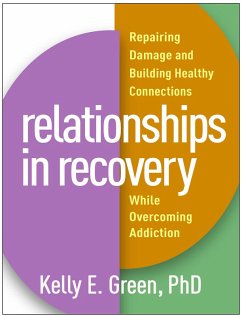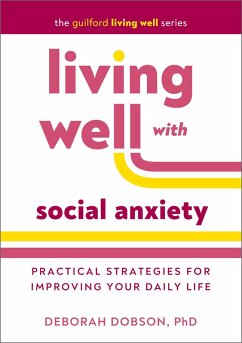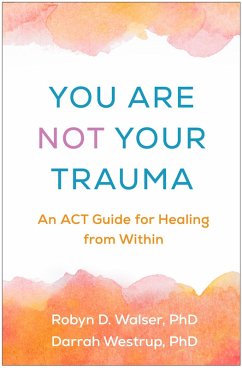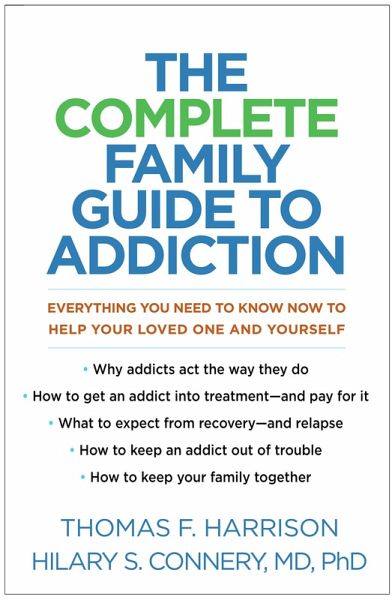
The Complete Family Guide to Addiction (eBook, ePUB)
Everything You Need to Know Now to Help Your Loved One and Yourself
Versandkostenfrei!
Sofort per Download lieferbar
11,95 €
inkl. MwSt.
Weitere Ausgaben:

PAYBACK Punkte
6 °P sammeln!
If you are struggling to help a loved one recover from addiction--and to cope with the devastating impact on the whole family--you are not alone. But until now, there has been no single book that gives the millions of families like yours the comprehensive, unbiased information you need. This expertly written guide addresses the painful questions that spouses, parents, and grown children face every day. Why do addicts make such bad choices? How can you find (and afford) treatment that works--and convince your loved one to try it? Can relapse be prevented? When does being supportive cross the li...
If you are struggling to help a loved one recover from addiction--and to cope with the devastating impact on the whole family--you are not alone. But until now, there has been no single book that gives the millions of families like yours the comprehensive, unbiased information you need. This expertly written guide addresses the painful questions that spouses, parents, and grown children face every day. Why do addicts make such bad choices? How can you find (and afford) treatment that works--and convince your loved one to try it? Can relapse be prevented? When does being supportive cross the line to enabling? Providing science-based answers and resources, the authors cover crucial emotional, financial, and legal issues that simply aren't discussed in other books. The more your family knows about the myths and realities of addiction, the better equipped you will be to overcome it.
Dieser Download kann aus rechtlichen Gründen nur mit Rechnungsadresse in A, D ausgeliefert werden.




